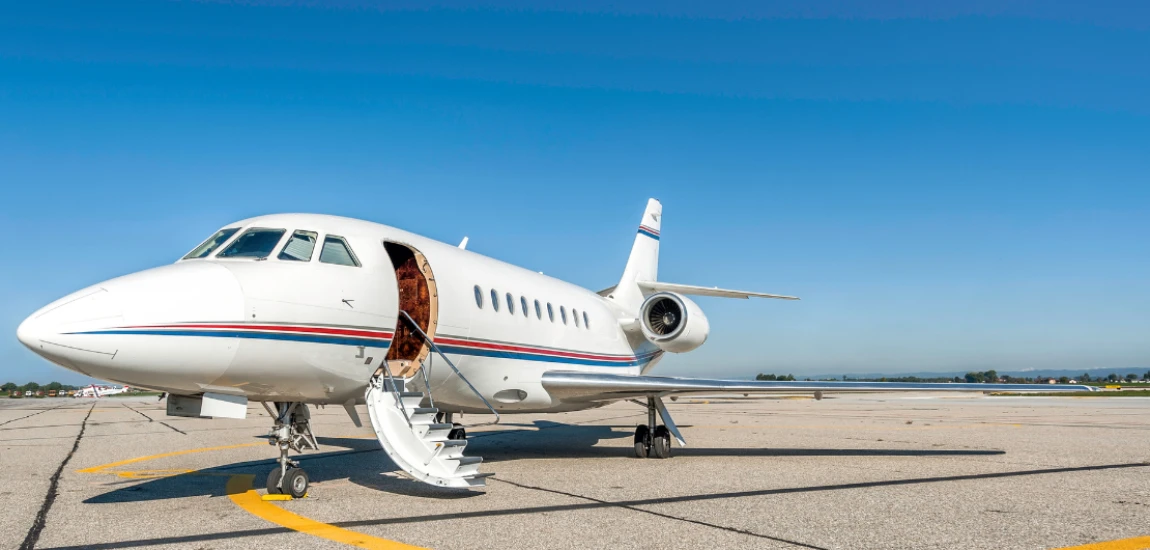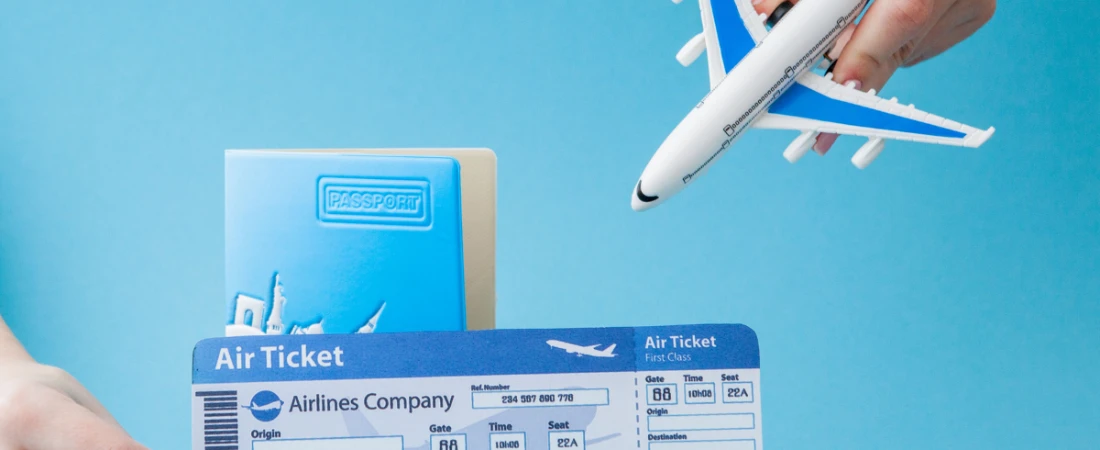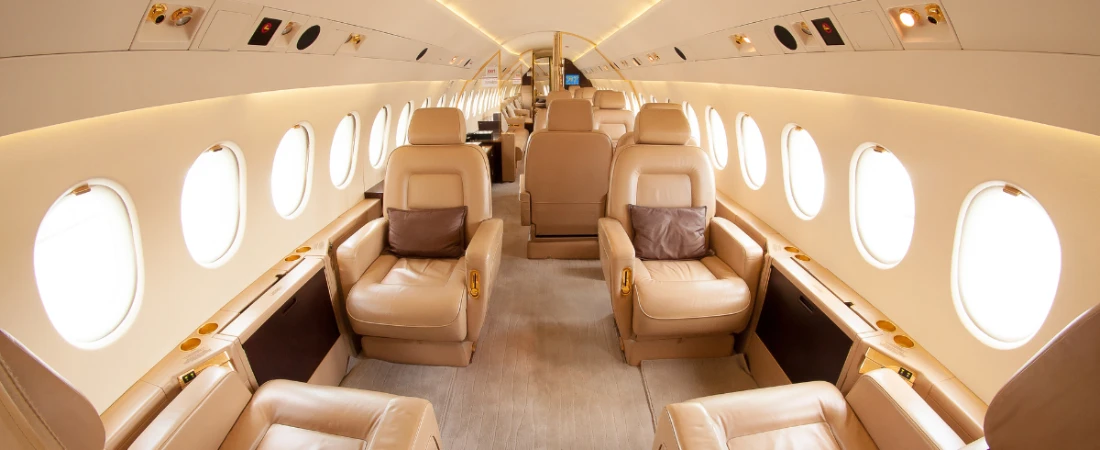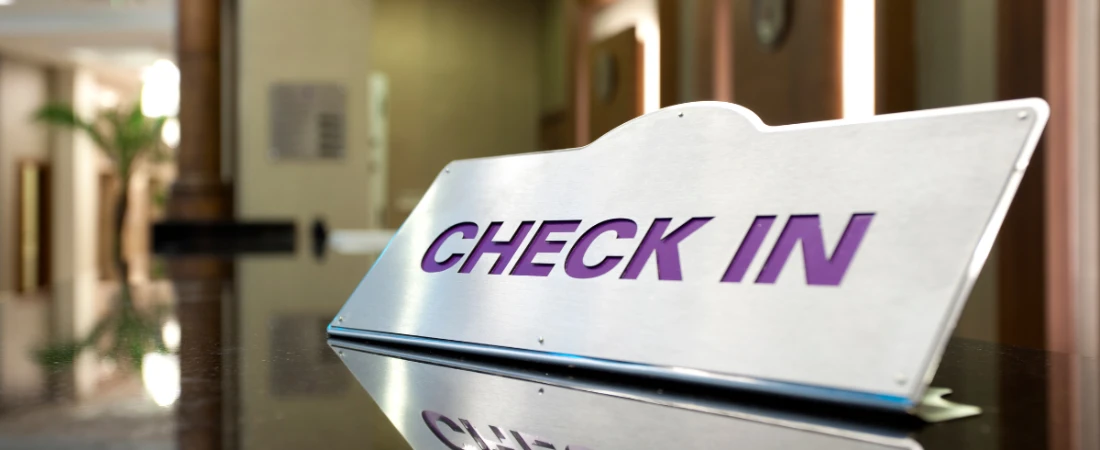
When deciding between private jet travel and commercial first-class cabins, travelers are often motivated by the pursuit of luxury, convenience, and time-efficiency. These aren't merely high-end options—they represent entirely different philosophies of air travel. Whether you're a C-suite executive flying for business or a luxury traveler seeking unmatched comfort, knowing where each stands can impact both your budget and experience.
The lines between the two are becoming increasingly blurred. First-class offerings from leading airlines such as Emirates, Singapore Airlines, and Lufthansa are closer to flying private than ever before—with enclosed suites, gourmet dining, and dedicated lounges. Meanwhile, the private aviation industry has responded by offering more membership options, fractional ownerships, and on-demand charter models that make flying private more accessible.
But the comparison isn’t just about legroom or champagne. It’s about the complete experience: cost-efficiency, accessibility, time savings, security, service, and ultimately, value for money.
This blog breaks down the facts, not fluff. We dive into real-world pricing, comfort standards, boarding times, airport access, privacy, and in-flight services. If you're stuck choosing between a $10,000 first-class ticket on a major carrier or a $25,000 private charter, this is the guide that will help you make a confident decision.
Let’s examine both options with side-by-side comparisons based on cold hard data, not just emotion or brand loyalty.
Flying on a private jet can be shockingly expensive—or surprisingly affordable—depending on how you access it. Here are the common pricing models:
Charter: $4,000 to $20,000+ per hour (aircraft type dependent)
Jet Cards: Prepaid flight hours (e.g., 25 hours) at locked-in hourly rates
Fractional Ownership: Buy a share (e.g., 1/16th) of a jet, includes ongoing costs
Memberships: Subscription models for discounted empty-leg flights
Let’s look at an example:
New York to Los Angeles (Private Jet Charter):
Light Jet: $25,000 (up to 6 passengers)
Midsize Jet: $30,000–$35,000
Heavy Jet: $40,000–$60,000+
These costs include crew, fuel, airport fees, and onboard amenities but not always catering or de-icing in winter.
Premium carriers offer first-class tickets with flatbeds and fine dining.
New York to Los Angeles (First Class):
Domestic (Delta One, American Flagship): $1,000–$2,500
International Long-Haul: $5,000–$15,000
Flagship Suites (e.g., Emirates First Class): Up to $25,000
However, airlines offer loyalty programs, points, and miles, which can significantly reduce cash prices.
Private jets are vastly more expensive per flight, but cost-per-seat improves with more passengers. A family of six could potentially justify the cost compared to six first-class seats. Still, for solo or couple travel, commercial first class wins on cost.

Cabin Size: Varies—Light Jets offer less space, while Gulfstream G650s and Bombardier Globals offer full standing height, lounge areas, even bedrooms.
Seats: Fully reclining leather chairs, often convertible into beds.
Privacy: Full. No strangers on board, no interruptions. You control who flies with you.
Noise Levels: Much quieter. Private jets typically fly above commercial traffic, offering smoother, quieter rides.
Personalization is a hallmark of private aviation. You can request your preferred music, temperature, and even branded napkins. Pets are welcome aboard.
Cabin Size: Even in the most luxurious first-class cabins, space is limited compared to a private jet.
Seats: Lie-flat beds with privacy doors (e.g., Emirates Suites, Etihad Apartments)
Privacy: High, but not total. Enclosed suites exist, but passengers still share the cabin.
Noise Levels: More ambient noise due to number of passengers and aircraft size.
Commercial first class does offer top-tier catering, amenity kits, pajamas, noise-canceling headphones, and attentive service—but the experience is still within a structured airline environment.
Private jets win on space, privacy, customization, and personalized comfort. First class offers luxurious amenities but can't replicate the exclusivity and tailor-made experience of a private flight.

Check-In Time: 15–30 minutes before departure
Airports: Use of FBOs (Fixed-Base Operators)—private terminals separate from commercial airport chaos
Security: No TSA lines; minimal screening, often handled discreetly
Baggage: No weight restrictions on luggage or carry-on sizes (within aircraft limits)
You drive up to the aircraft, hand your bags to the crew, and board in minutes. No queues, no delays, no gate changes.
In many cities, private jets operate from less congested airports—Teterboro instead of JFK, Van Nuys instead of LAX—offering faster arrival and departure paths.
Check-In Time: 60–90 minutes for domestic, 2–3 hours for international
Airports: Access to first-class lounges (e.g., Lufthansa First Class Terminal, Qatar Al Safwa Lounge)
Security: Priority lanes, but still shared with commercial passengers
Baggage: Business/first class often allows 2 checked bags, but subject to airline policy
Despite the exclusivity of lounges and priority boarding, you’re still bound by airport congestion, boarding group calls, and commercial flight delays.
Private jets offer unparalleled efficiency, bypassing most of the commercial airport headaches. First-class flyers still enjoy perks but can’t escape the system entirely.

Departure Time: You choose when to fly
Routes: Access to 5,000+ airports in the U.S. vs. 500–600 for commercial flights
On-Demand Travel: Can book with just a few hours’ notice (subject to availability)
Weather Diversions: More flexible in routing around storms
Private aviation allows access to remote destinations, mountain airstrips, and regional airports unreachable by large aircraft. You could land at an executive airfield 15 minutes from your meeting, rather than commute an hour from a major hub.
However, short-notice bookings can be pricey, and availability during peak times (e.g., holidays, major events) may be limited.
Departure Time: Fixed schedule
Routes: Limited to high-demand, profitable routes (e.g., LAX to JFK, London to Dubai)
On-Demand Travel: Must book according to airline schedule
Missed Flights: Risk of long wait times or overnight delays
First class is excellent for major routes—transatlantic, transpacific—but poor for last-mile connectivity. Also, if your travel plans change, rescheduling can be difficult and expensive.
Private jets dominate in terms of flexibility and reach. For business travelers or those with tight, unpredictable schedules, this can be a decisive advantage.

If you’re looking for absolute privacy, time-efficiency, and destination flexibility, private jets are unbeatable. The ability to schedule flights on demand, avoid airport delays, and enjoy unmatched comfort make them ideal for executives, celebrities, or those with complex itineraries. However, the steep cost remains a significant barrier unless you frequently fly with groups or have substantial travel budgets.
On the other hand, commercial first class offers incredible luxury at a more accessible price point. Modern cabins provide lie-flat seats, curated meals, designer amenity kits, and top-tier service. When booked wisely (e.g., with points, upgrades, or during sales), first class delivers superb value for those wanting comfort without spending $30,000 on a trip.
| Feature | Private Jet | Commercial First Class |
|---|---|---|
| Cost | $$$$$ | $$$ |
| Privacy | Total | High |
| Check-In Time | 15 mins | 1.5–3 hrs |
| Comfort | Custom | Structured |
| Routes | Unlimited | Limited |
| Perks | Personalized | Branded luxury |
| Value | Best for groups | Best for individuals |
Choose Private Jet if:
You value privacy, control, and time more than cost.
Choose First Class if:
You want a luxurious, high-service experience on a fixed schedule at a fraction of the cost.
Both serve different needs, but in today's world, commercial first class has never been closer to private jet luxury—and private jet services have never been more available.
Whichever you choose, luxury travel is no longer just about where you sit. It’s about how you fly.
Lina Zhou is a globe-trotting travel writer from Chengdu, China. With a passion for hidden gems and cross-cultural experiences, she shares practical tips, visa guidance, and immersive stories from every corner of the world. When not exploring, she’s sipping tea while planning her next adventure.